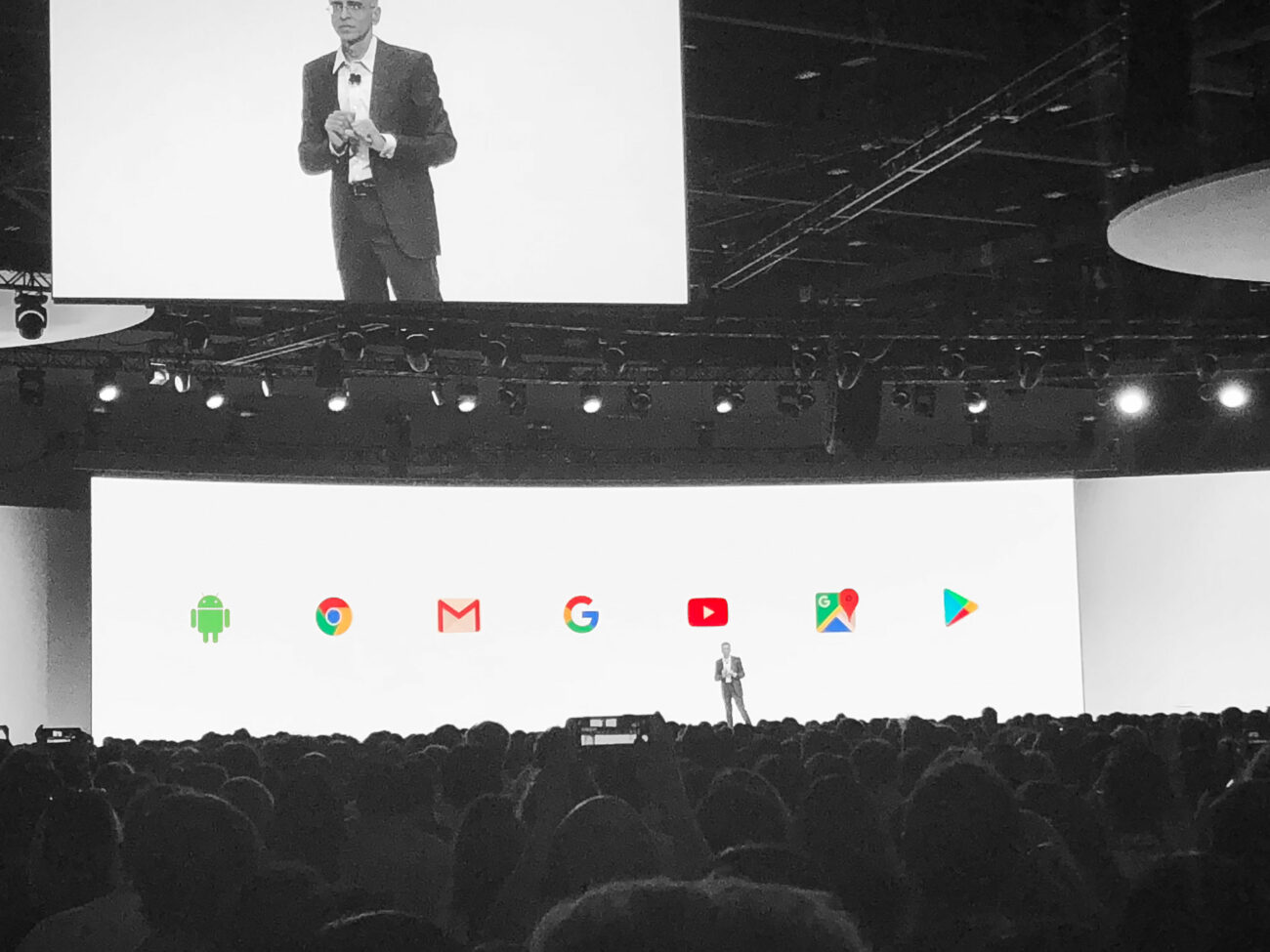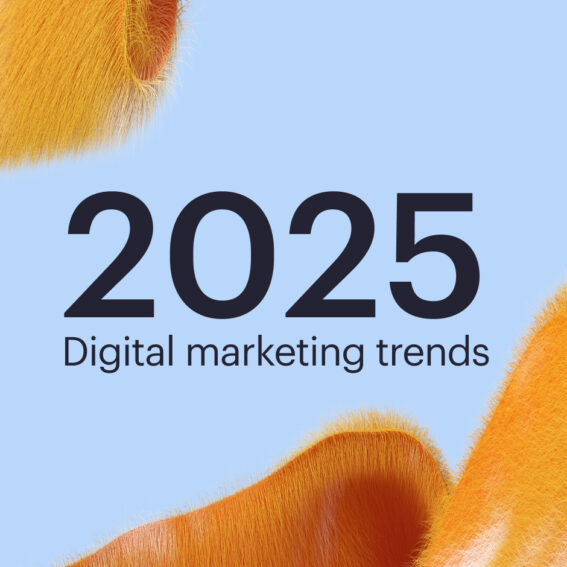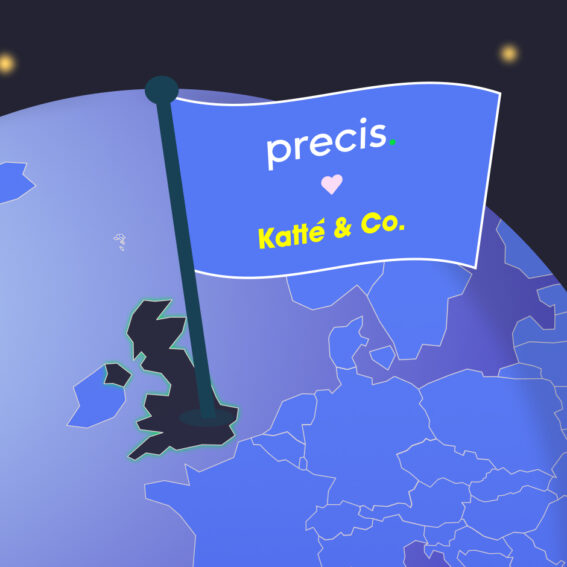Announcements from Google Marketing Next 2017

Christoffer Lötebo
Group CEO
In this blog post we share some of the public announcements that were made during the Google Marketing Next 2017 conference, together with our thoughts.
On May 22-24th, we have been attending Google Marketing Next 2017 in San Francisco, which is a conference where Google is bringing together digital marketing leaders from around the world to explore the future of Ads, Analytics and DoubleClick. Apart from keynote covering main trends and announcements, the conference had different tracks focused on Search, Measurement and DoubleClick, as well as roundtable discussions covering these topics. In this blog post we share some of the public announcements that were made during the conference, together with our thoughts.
Attribution
Instead of saving the best for last, we’re starting with it. Google has released the product called Google Attribution, which is a stand alone attribution software that unifies data from Google AdWords, DoubleClick and Google Analytics, without any needs of additional tracking or setup, given that the platforms are setup correctly. What’s most important with this update, is that it will allow data-driven, cross-channel, cross-device attribution to be imported to AdWords and DoubleClick. That’s something we all have been waiting for! Most of you that know us, are well aware that attribution is something that we care deeply about. The reason for that is simply that we want to take good decisions that are based on data. We have been in the forefront of exploring and developing attribution analysis in the Nordics, and we really look forward to taking advantage of this new data, and especially the cross-device data that will be available in the paths. Attribution will also be available as a enterprise version called Attribution 360.
In-market audiences for search ads
In-market audiences has been available as a targeting method for Display for a long time, and now it’s coming to search as well. Google is making this available through use of machine learning in order to better understand purchase intent in search queries. This means for instance that a hotel can segment users that recently performed queries related to rental cars, and in that way take advantage on the fact that their buying intent for hotels is likely to be higher.
Machine learning-based media planning
Media planning is the art of deciding what to communicate, to whom, and when. This update is the first step from Google to make the process of media planning more data driven. This is done by automated analysis of historic data for campaigns in DoubleClick Bid Manager. Past activities are analysed based on targeting, inventory and audiences, segmented on marketing goals, and an optimised media plan for coming campaigns is suggested.
Accelerated Mobile Pages (AMP)
We all heard the stats on how loading time is affecting performance, so we won’t repeat that now. In 2016, Google released a project called Accelerade Mobile Pages (AMP), an open source project aiming to make the web faster than ever. Up until now, this has been limited to organic listings, but it was announced that this will come to both AdWords landing pages as well as for Display ads in the Google Display Network. The first part means that AdWords landing pages will load much faster, with a likely increase in conversion rates, and the second part means that view-ability on Google Display Network is likely to go up, since ads will be taking advantage of the cache before the user is targeted.
Store sales measurement
Tracking of store visits has been around for some time now and it has been a very important feature in order to quantify the full value of a click. This has previously been available for Search, Shopping and Display campaigns, but it was announced that it also will be made available for YouTube campaigns. Apart from this, Google will also allow for store sales measurement, instead of just visits. This will be done by matching of CRM data (e.g. email) at the point of sales. The result will be actual store sales reported directly in AdWords, which takes away the need of custom calculations on store visits.
Exciting times! It’s striking how the digital marketing world is accelerating. Following all the exciting updates from Facebook F8 and Google I/O, together with the announcements on Google Marketing Next 2017, we are looking forward to testing all the new things together with our clients.


